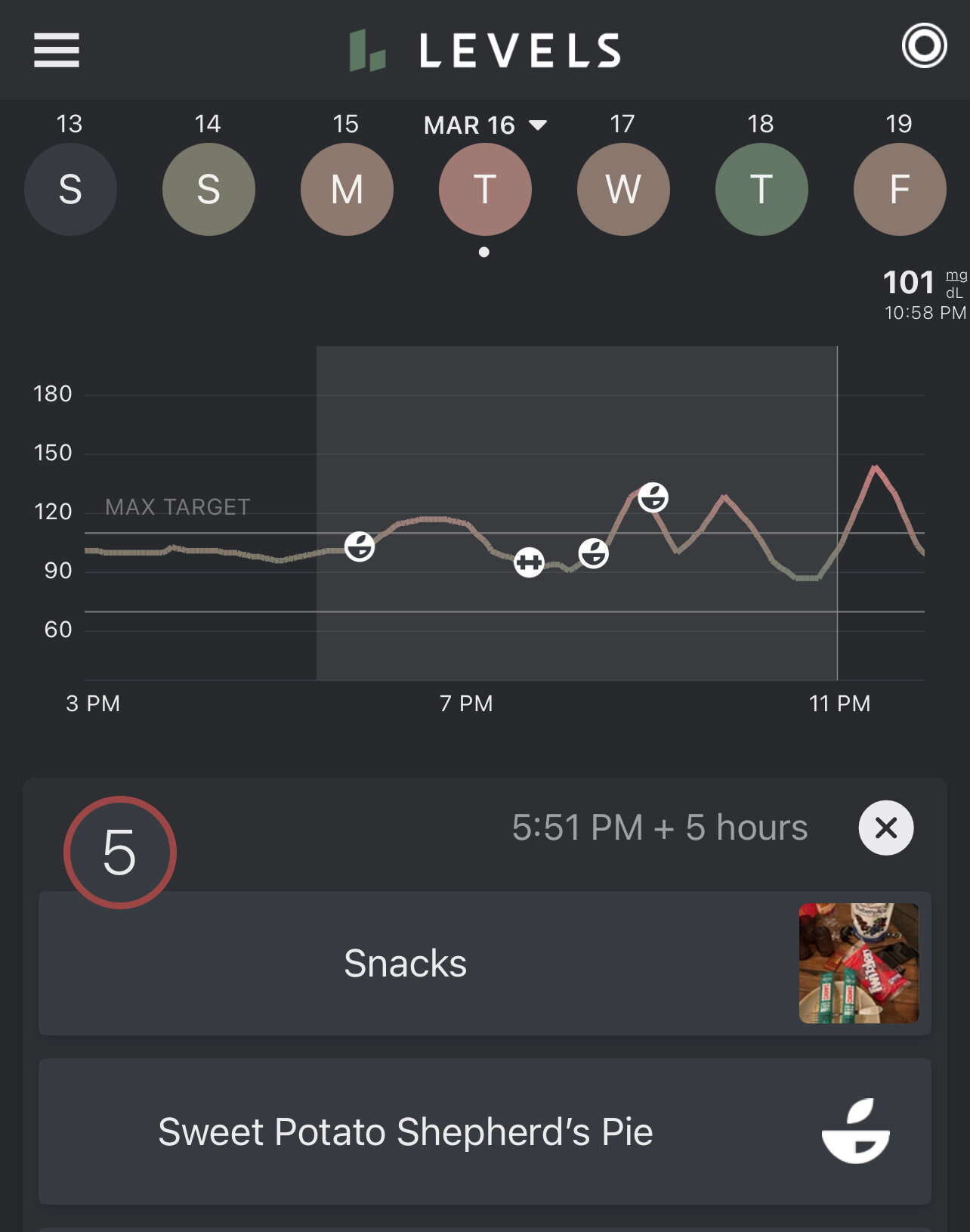Bulky vs. Beautiful: What weight lifting means for women (and everyone else)
Why strength training is the best medicine for a healthier, happier life and how myths around bulking have hindered women from taking part in the healthiest form of exercise
We have all been inundated on social media with “gym rat” content, “what I eat in a day bulking edition”, and endless streams of fitfluencers promoting various forms of exercise. While historically CrossFit and body builders seemed to be the only ones in the free weights section at the gym, weight lifting is the latest craze and we are seeing more and more females getting on board. Contrary to popular belief ladies, weight lifting will not make you bulky and in fact has a plethora of other long term health benefits.
After ending my career as a college athlete, the last thing I wanted to do was start a new weight lifting regime. I was excited to get into my light cardio, pilates girl era, but after a year of trying a bunch of different workout routines, I decided to give the weight room another chance. For over a year, I stuck to a strict lifting split and saw more progress and the most feminine build I have ever had. Granted, I was lucky to have years of experience and was able to program my own workouts, dial in my nutrition, and have access to a gym, but I can confidently say, it was one of the only fitness protocols I have followed that has actually produced the results I was looking for. Since then, I have pulled back on the intensity because, candidly, life gets pretty crazy and I no longer have time to spend an hour and a half in the gym and count macros (plus old volleyball injuries have taken a toll on the body), but I still try to get in at least 4 weight lifting sessions a week because I have seen both the physical and mental benefits first hand. What’s even more encouraging is that, in their 60s, both of my parents have even begun to embrace this new way of working out and have seen drastic changes in both their appearance and internal health as a result.
So what’s the secret sauce that makes weight lifting so beneficial for our health regardless of age, gender, and experience? Well in short, strength training works at a biological level to improve muscle growth, bone density, and metabolism — all crucial elements of longevity and health. This week I outline the main benefits strength training has on our physical health, mental health, and overall lifespan and quality of life.
Physical Health Benefits
Bone density and strength
Starting around the age of 30, both men and women begin to lose muscle mass at a rate of roughly 10% each decade until the age of 50, when muscle loss accelerates to over 15%. In women, decreasing estrogen contributes to even greater muscle and bone loss making it even more important to prioritize strength training during the years before, during, and after menopause. Weight training puts stress on your bones, which triggers bone-forming cells leading to better bone density and reduces the risk of osteoporosis. Women are especially prone to osteoporosis given the correlation between estrogen and healthy bones. It’s estimated roughly 80% of the 10 million American with osteoporosis are women.
Company highlight: The startup Wellen, aims to provide personalized exercise programs designed for women with osteoporosis and osteopenia.
Cardiovascular health
While historically we have relied on traditional aerobic exercises such as running to increase cardiovascular health, weight lifting is a low-impact alternative proven to provide many of the same benefits. This is extremely important because as we age, long duration aerobic exercise often becomes more difficult both due to physical and time restraints. According to the American Heart Association, resistance training can be as safe as aerobic exercise for people with heart disease, and can provide similar or additional benefits for lowering risk factors for cardiovascular disease. A 2019 study found that weight training is can help with blood sugar regulation leading to reduced risk of Type 2 diabetes and decreased cardiovascular disease, including heart attack and stroke, and increased longevity. Heart disease is the leading cause of death for women and by adding strength training to their fitness routine, women can improve cardiovascular health by lowering LDL (bad cholesterol) and increase HDL (good cholesterol) and lower blood pressure.
Company highlight: Hello Heart is a cardiovascular health company utilizing remote vital monitoring and sex-specific digital coaching to reduce the risk for heart attacks and strokes.
Metabolism and weight management
The key to increasing our metabolism and maintaining or losing weight is weight lifting. Women who strength train gain more muscle mass, which raises their metabolic rate allowing their bodies to burn more calories even at rest. This training mechanism is crucial for long term physical results. While hours of cardio can lead to a “skinny fat” physique, weight training combined with aerobic exercise leads to the greatest decrease in body fat while adding lean muscle mass. Muscles are metabolically active tissues, meaning they consume calories even when the body is at rest. A study highlighted by the National Institutes of Health (NIH) suggests that ten weeks of resistance training can increase lean weight by 1.4 kg, elevate the resting metabolic rate by 7%, and reduce fat weight by 1.8 kg. Strength training is the most useful tool in body recomposition and leads to that toned figure we all strive for.
Company highlight: Levels Health uses Continuous Glucose Monitoring to gather realtime metabolic feedback and show how your body reacts to both food and exercise.
Flexibility and joint stability
One of the biggest threats to our health span and lifespan in old age is loss of mobility and stability. 1 in 3 adults over 65 fall every year leading to a number of downstream negative effects on both physical and mental health. The risk of death among elderly increases significantly after falls, with a mortality rates of 9.6% within the first 30 days and 33% after one year. Women in particular are more susceptible to injuries; of the 1.64 million people over the age of 65 treated for injuries like fractures and head trauma from falls, 70 percent were women. Weight lifting can significantly reduce the risk of falls and likelihood of injury from a fall. Strength training improves flexibility by engaging and lengthening the muscles through a full range of motion, effectively increasing joint flexibility. By incorporating weights as we age, we improve our quality of life in later years and extend our ability to live independently.
Company highlight: Bold offers online exercise programs targeting the older population to improve strength and mobility and help prevent falls and injuries as we age.
Mental Health Benefits
Natural antidepressant
In addition to the physical benefits, strength training has been linked to decreased rates of depression and improvements in mood by helping regulate hormones. Exercise naturally releases hormones like endorphins, dopamine, and serotonin which are linked to happiness, motivation, focus, pain relief etc. One study showed that exercising at least 3 times a week led to a 25% reduction in depression symptoms. While many Americans suffer from depression, women are about twice as likely to be diagnosed with depression as men, with depression being the leading cause of disease burden among women making weight training that much more important for female health. Since hormonal changes are linked directly to mood and depression, women are at a greater risk due to hormone fluctuations throughout their menstrual cycles.
Decreases anxiety and stress
Endorphins released during exercise play a large part in our regulation of anxiety and stress and act as natural mood enhancers. Lifting weights is often touted as a stress relieving activity and is a great way to naturally help balance the hormones that control our mood. Researchers found that an 8 week strength training program significantly reduced anxiety symptoms in adults. Post-COVID rates of stress and anxiety have skyrocketed leading to a higher prevalence of stress related comorbidities and lower quality of life. It is also important to note that women experience generalized anxiety at a high rate (3.4%) vs. men (1.9%) making weight training an important tool in battling these mental health issues in the female population.
Boosts brain power and mental clarity
Regular weightlifting activities can enhance mental health by promoting calmness, relaxation and overall psychological balance. Weight lifting improves our ability to complete daily tasks leading to improved confidence and a better relationship to nutrition and your body. It is also linked to better sleep which improves mental clarity and overall health.
Company highlight: The Apollo wearable delivers soothing vibrations that restore balance to your nervous system and help improve energy levels, enhance relaxation, and more while building resilience to stress and improving cardiovascular metrics.
Longevity and Quality of Life
Increased longevity
There are very few things that have had the ability to impact mortality as significantly as weight lifting. One Harvard researcher noted “No matter how much aerobic exercise they did, participants who did strength training at least twice a week had a lower risk of dying (regardless of cause) during the study period than those who did less strength training”. Strength training at least twice a week added to 2.5 hours of aerobic exercise reduced the risk of death by 30% during the study period. Adding in weights to your exercise routine dramatically impacts your likelihood of cardiovascular disease and cancer, two of the biggest killers in today’s society.
Quality of life
Strength training has many health benefits, but maybe the most important its impact on quality of life. While there have been many innovations across healthcare aimed at increasing length of life, what has often been ignored is the importance increasing health span along with lifespan. Like the old adage says, “and in the end it’s not the years in your life that count, it’s the life in your years.” What’s the point of living longer if we are miserable in old age and cannot do the things that we love due to physical and mental ailments. Incorporating weight training helps preserve the mental and physical strength needed to live out our days enjoying our favorite activities and maintaining independence.
Ultimately the consensus among health experts and recent studies is undeniable, pointing to the immense benefits that strength training offers. It's not just about building muscle; weight training contributes significantly to healthy aging, reducing the risk of developing many diseases, and promoting overall good health. For women specifically, it is crucial that we remove the stigma that strength training will make us bulky or manly. These stigmas, based on outdated misconceptions and stereotypes, detract from the substantial health gains women can achieve through strength training.
By providing accurate information and highlighting the multifaceted health benefits, it's possible to change perceptions and promote a more inclusive and supportive fitness culture. Dispelling this myth is crucial to encourage more women to embrace weight training as a beneficial part of their fitness regimen, ensuring they reap the full spectrum of health benefits it offers. Building muscle is not only sexy, but imperative to live a longer, healthier, and happier life for everyone.
Do you want to get into strength training but don’t know where to turn? Leave a comment below and I’ll help you get started!










